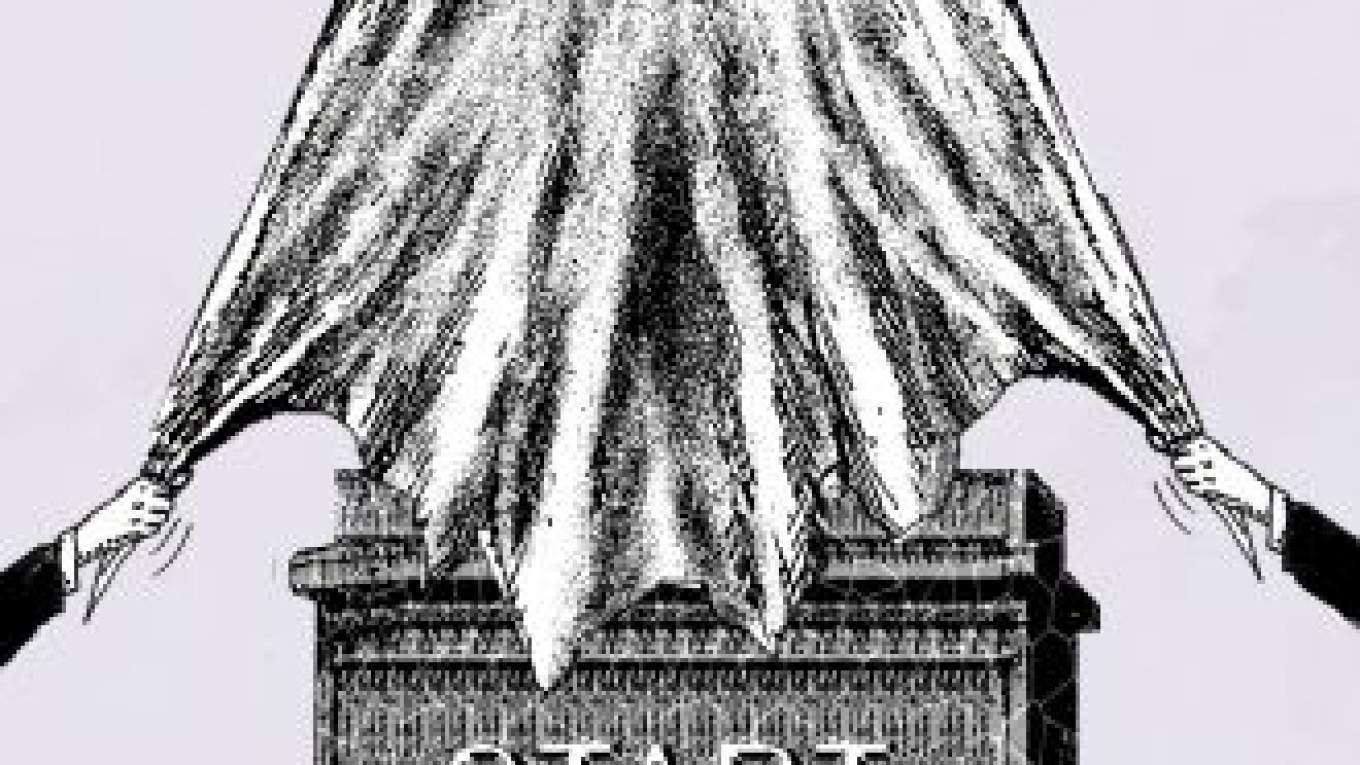More than year has passed since U.S. Vice President Joe Biden announced in at the Munich security conference a “reset” in U.S.-Russian relations. Five months after Biden’s speech, Russia allowed the United States and other NATO allies to transport supplies through Russian territory to Afghanistan, and this was a welcome breakthrough in bilateral relations. But on Thursday, the two countries will hit a much larger reset button: Presidents Barack Obama and Dmitry Medvedev will sign the New START agreement in Prague.
When the treaty talks began, Washington had little desire to reduce its nuclear arsenal. Since its nuclear missiles and warheads do not need to be upgraded, the United States could have kept its arsenal at the current levels for the next 10 years and not worry about falling behind Russia. As Russia’s aging nuclear weapons become obsolete and decommissioned, its nuclear arsenal will be reduced in any case. Although it will try to modernize its nuclear weapons, its ability to do so will be limited. Thus, is clear that Moscow was more interested in arms reductions than Washington.
Nonetheless, Obama has taken a broader look at disarmament — particularly after his key disarmament speech in Prague on April 5, 2009, and because he is trying to assume a leadership role in furthering the global disarmament goals set out in the Nuclear Non-Proliferation Treaty.
Moreover, the United States has clearly shifted its security priorities away from nuclear deterrence and toward fighting international terrorism. Since the end of the Cold War, Washington is far less concerned about a nuclear confrontation with Russia, and this has significantly reduced the need for nuclear weapons to ensure national security. As a result, Washington is placing more importance on high-precision conventional weapons, including the refitting of four Ohio class nuclear submarines to carry long-range cruise missiles. Russia, in turn, is focusing on modernizing its fleet of Tu-160 strategic bombers for use in non-nuclear conflicts.
In addition, it became clear to the United States that solving the Iranian nuclear problem and fighting the Taliban in Afghanistan require Russia’s help. Moscow is assisting in both areas, which clearly strengthens the U.S.-Russian partnership.
Of course, the negotiation process for the new treaty was difficult.? Some of the decisions made by the U.S. administration with regard to the deployment of elements of its missile defense systems in Poland and Romania complicated matters further. Yet contrary to the opinions of many skeptics, negotiations were completed successfully in a reasonable time frame. This marks a major personal achievement by the heads of both delegations: director of the Foreign Ministry department of security and disarmament Anatoly Antonov and U.S. State Department Assistant Secretary Rose Gottemoeller.
The new agreement stipulates that within seven years after the treaty is ratified, each side must reduce the number of its operationally deployed strategic delivery vehicles to 700 and the number of deployed nuclear warheads to 1,550.? Russia insisted that the preamble of the new treaty state that defensive weapons should not undermine the viability and effectiveness of offensive weapons. Also, Article 5 of the treaty prohibits the refitting of missile defense systems to give them the ability to launch offensive missiles. In addition, the treaty no longer allows U.S. observers to be stationed at the Votkinsk plant in the Udmurtia republic, the main factory producing the country’s ballistic missiles. Russia secured an important clause that the exchange of missile flight telemetry data is now voluntary, and the number of reciprocal inspections will be reduced.
The New START treaty does not draw a line between winners and losers. Both sides come out as winners by working toward global disarmament. This could become the reset’s largest dividend.
Vladimir Yevseyev is a security analyst with the Institute of Global Economy and International Affairs.
A Message from The Moscow Times:
Dear readers,
We are facing unprecedented challenges. Russia's Prosecutor General's Office has designated The Moscow Times as an "undesirable" organization, criminalizing our work and putting our staff at risk of prosecution. This follows our earlier unjust labeling as a "foreign agent."
These actions are direct attempts to silence independent journalism in Russia. The authorities claim our work "discredits the decisions of the Russian leadership." We see things differently: we strive to provide accurate, unbiased reporting on Russia.
We, the journalists of The Moscow Times, refuse to be silenced. But to continue our work, we need your help.
Your support, no matter how small, makes a world of difference. If you can, please support us monthly starting from just $2. It's quick to set up, and every contribution makes a significant impact.
By supporting The Moscow Times, you're defending open, independent journalism in the face of repression. Thank you for standing with us.
Remind me later.


